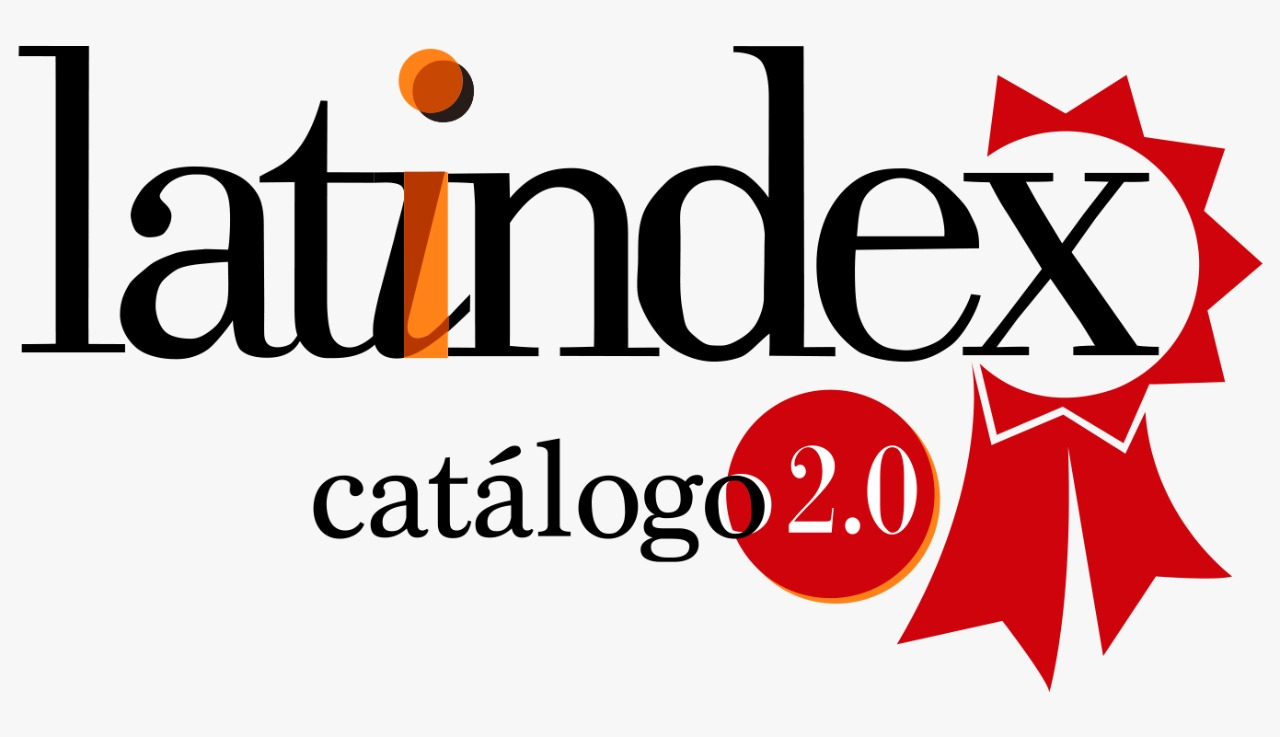Research with humans or animals
Studies involving humans, animals, or genetically modified organisms (GMOs) must have received ethical approval from research ethics committees. The identification of the approving body must be included in the Materials and Methods section of the manuscript. Authors must also indicate whether the experiments were conducted in accordance with relevant institutional and national guidelines for the care and use of laboratory animals.
Authors must include the opinions with the approval number from the Ethics Committee for studies involving: humans (including studies with questionnaires), experimental animals, and/or genetically modified organisms.
Studies involving human participants, including those using questionnaires, must have undergone ethical supervision, with a favorable opinion or waiver of opinion issued by a research ethics committee.
Research with humans, including questionnaires
Starting from volume 29, the Journal PAG began requiring that all studies involving questionnaires with humans be submitted with the Ethics Committee approval number.
The Journal PAG will only accept submissions with the Ethics Committee approval number for studies involving humans, including those with questionnaires. In Brazil, research involving humans must comply with CNS Resolutions No. 466/2012 and No. 510/2016.
However, certain types of research are exempt from the requirement for ethical review, as established in Resolution CNS No. 510/2016, Article 1, sole paragraph, which defines categories of studies that are not considered "research involving human beings," such as:
-
Research that uses only publicly available data;
-
Research conducted with information accessible to the general public;
-
Literature reviews, theoretical studies, and analyses of public documents.
In such cases, it is recommended that authors formally declare the exemption, providing justification based on the applicable regulations.
Works by researchers from outside Brazil must meet the recommendations of their country of origin, identified in the manuscript.
Resolution CNS No. 510/2016:
Article 1 – This Resolution establishes the guidelines applicable to research in the Human and Social Sciences whose methodological procedures involve the use of data directly obtained from participants or identifiable information, or that may pose risks greater than those encountered in daily life, as defined in this Resolution.
Sole Paragraph – The following will not be registered or reviewed by the CEP/CONEP system:
I – Public opinion research with non-identified participants;
II – Research using publicly accessible information, in accordance with Law No. 12.527 of November 18, 2011;
III – Research using information in the public domain;
IV – Census-type research;
V – Research using databases with aggregated information, with no possibility of individual identification;
VI – Research conducted exclusively with scientific texts for the purpose of literature review;
VII – Research aimed at the theoretical deepening of situations that spontaneously and contingently emerge in professional practice, provided that they do not reveal data that may identify the subject;
VIII – Activities conducted exclusively for educational, teaching, or training purposes, with no scientific research intent, carried out by undergraduate students, technical course students, or professionals in training.
§ 1 – Final papers, monographs, and similar works are not covered by the previous item and must submit a research protocol to the CEP/CONEP system.
§ 2 – If, during the planning or execution of an educational, teaching, or training activity, the intention arises to incorporate the results into a research project, submission of the research protocol to the CEP/CONEP system is mandatory.
https://bvsms.saude.gov.br/bvs/saudelegis/cns/2016/res0510_07_04_2016.html
Research involving animal experimentation
Studies involving experimental animals and/or genetically modified organisms (GMO) must include, under the authors' full responsibility, a statement that the work has authorization from the Ethics Committees for Animal Experimentation and/or Biosafety, along with the approval number. In Brazil, the study must comply with the resolutions of the National Council for Animal Experimentation Control (CONCEA) and be approved by the Ethics Committee for the Use of Animals (CEUA). International studies must adhere to the guidelines in force in their country of origin.
Research involving GMO experimentation
Studies with GMOs must have been reviewed by the Biosafety Committee and comply with the guidelines of CTNBio.


















